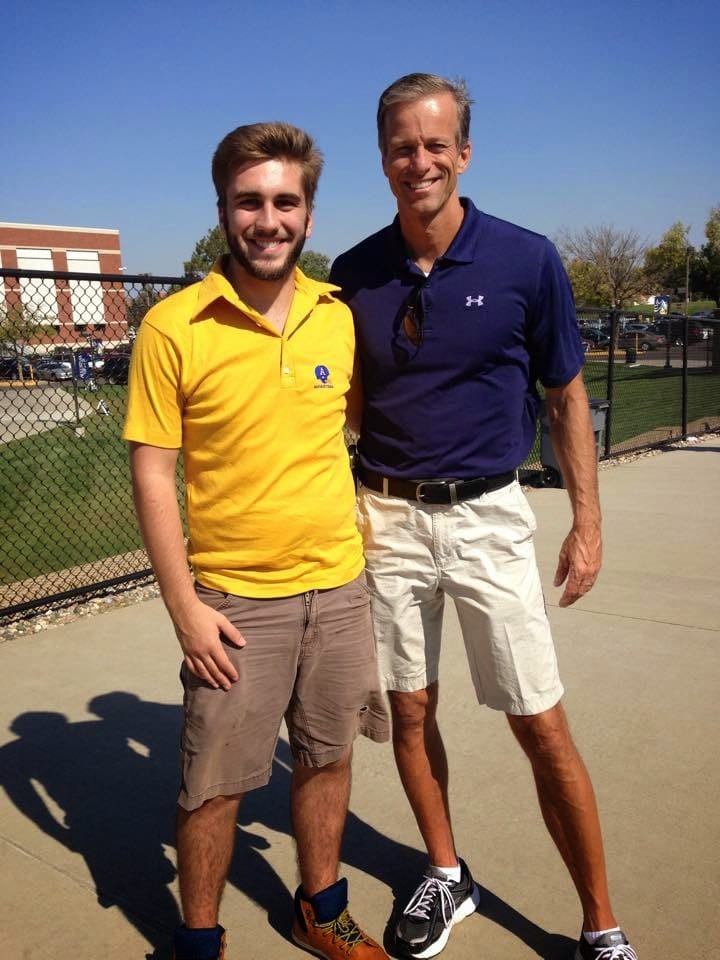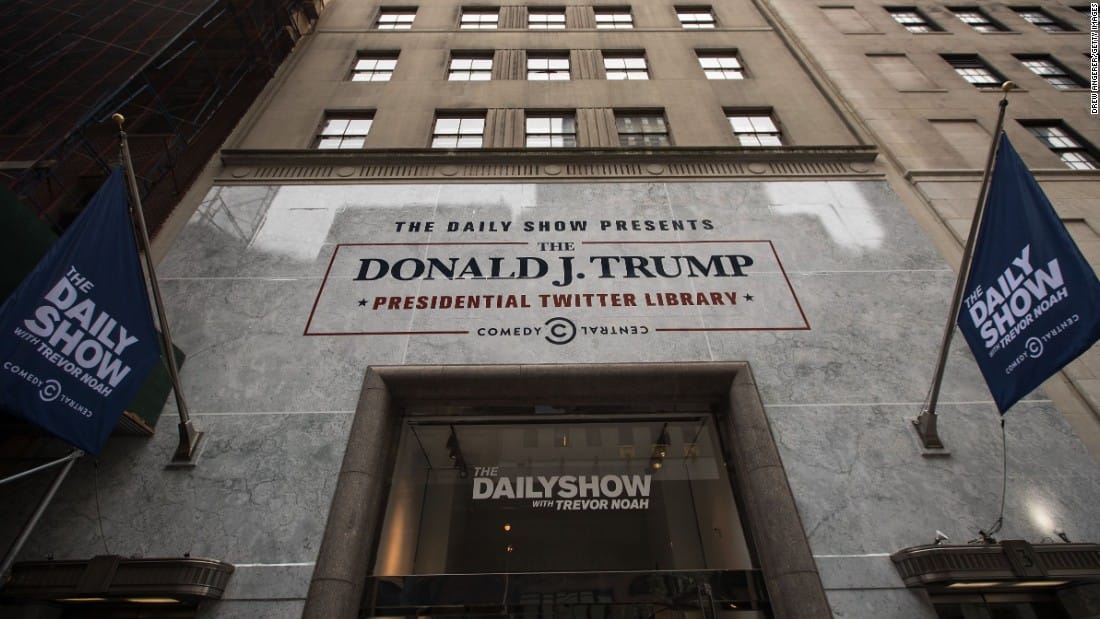The Democratic Republic of Congo (DRC) and Rwanda are locked in a tense geopolitical standoff fueled by the resurgence of the M23 rebel group in eastern DRC. The M23, which briefly captured the regional capital of Goma in 2012, has intensified its attacks in recent months, raising concerns of a regional conflict. The DRC government has repeatedly accused Rwanda of backing the M23, alleging that Kigali provides the group with weapons, training, and even troops. Rwanda vehemently denies these accusations, maintaining that it is committed to regional stability and that any involvement with the M23 is purely defensive.
The accusations against Rwanda stem from a variety of sources, including reports from UN experts, eyewitness accounts from Congolese civilians and soldiers, and intercepted communications. UN Group of Experts on the DRC has released several reports detailing evidence of Rwandan support for the M23, including the presence of Rwandan military officers among the rebel ranks, the use of Rwandan military equipment by the M23, and the transfer of weapons and ammunition across the border.
The Congolese government has also presented intercepted communications allegedly between Rwandan officials and M23 commanders, further bolstering its claims of Rwandan backing. Furthermore, the DRC points to the historical context of the conflict, noting that the M23 is composed largely of ethnic Tutsis who have close ties to Rwanda. This historical connection, the DRC argues, makes it highly improbable that the M23 could operate effectively without Rwandan support.
Rwanda, however, maintains that the DRC’s accusations are baseless and politically motivated. Kigali argues that the DRC government is using the M23 as a scapegoat to deflect attention from its own failures to maintain security and stability in eastern DRC. Rwanda also points to the presence of other armed groups in eastern DRC, such as the FDLR (Democratic Forces for the Liberation of Rwanda), which it argues are responsible for the majority of the violence in the region.
The Rwandan government has repeatedly denied any involvement with the M23, stating that it is committed to a peaceful resolution to the conflict in eastern DRC. Kigali has also accused the DRC of using inflammatory rhetoric and propaganda to spread false information about Rwanda’s role in the conflict.
The international community is deeply concerned about the escalating violence in eastern DRC and the potential for a wider regional conflict. The UN has called for a peaceful resolution to the conflict and has urged all parties to engage in dialogue. The African Union has also expressed its concern about the situation and has called for restraint from all sides.
Despite international pressure, the conflict between the DRC and Rwanda shows no signs of abating. The accusations and counter-accusations continue to fly, with neither side willing to back down. The situation remains highly volatile, and the risk of further violence is real.


